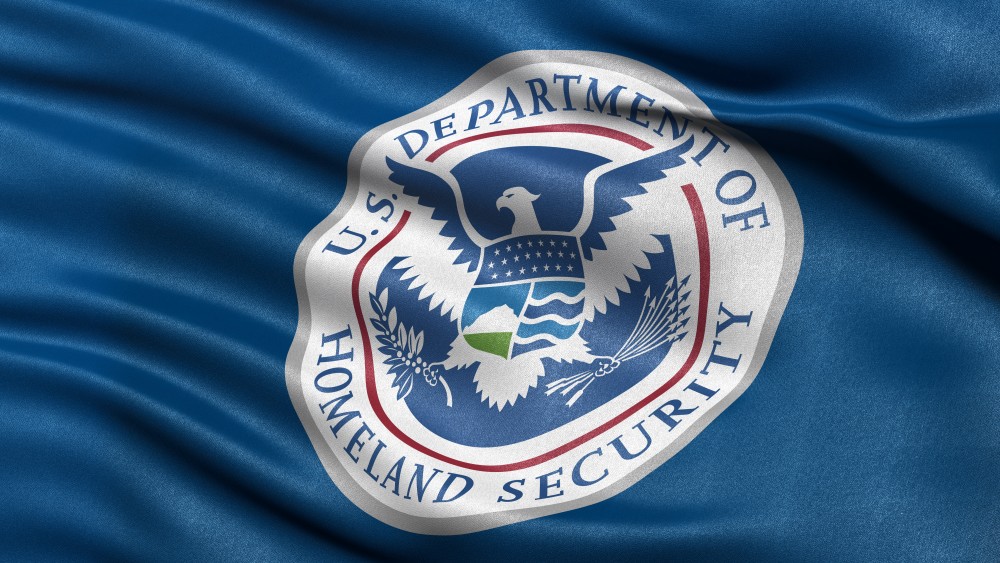
Top executives of the government’s national security agencies offered troubling assessments of the growing threats from terrorism, both internationally and domestically, during a congressional hearing on Thursday.
“Today, the magnitude of the threat we face from terrorism is equal to, and in many ways exceeds, the 9/11 period,” Elaine Duke, acting secretary of the Department of Homeland Security, told members of the House Homeland Security Committee. “While we have made it harder for terrorists to execute large-scale attacks, changes in technology have made it easier for adversaries to plot attacks in general, to radicalize new followers, and to recruit beyond borders.”
She said the use of simple, “do-it-yourself terrorist tactics” is compounding the problem. “Acts of terrorism and mass violence against soft targets have become so frequent that we associate them with the names of cities that have been victimized: Paris, San Bernardino, Brussels, Orlando, Istanbul, Nice, Berlin, London, Barcelona, and most recently in New York City on Halloween.”
The heads of the FBI and the National Counterterrorism Center (NCC) Office of the Director of National Intelligence, shared similar assessments at the committee’s annual oversight hearing, titled “World Wide Threats: Keeping America Secure in the New Age of Terror.”
“We share more information—with more frequency and with more partners—than we ever would have imagined possible a decade ago,” said Nicholas Rasmussen, director of the NCC’s Office of National Intelligence, who cited progress fighting organized terror groups like Al-Qaeda and ISIS. But he said ISIS’s strategy to project its influence worldwide by using attacks and propaganda perpetuates fear and continues to attract violent extremists who wish to do us harm.
“Therefore, despite the progress we have made, it is our assessment that the current terrorism threat environment is complex, challenging, and geographically expansive, as we saw with recent attacks throughout Europe, in Egypt, and of course in New York City on Halloween,” Rasmussen said.
The national security trio, which also included FBI Director Christopher Wray, had a number of recommendations for Congress.
Wray urged lawmakers to reauthorize Section 702 of the Foreign Intelligence Surveillance Act, which allows U.S. intelligence agencies to target communications of non-Americans located outside the U.S. for foreign intelligence purposes.
“Every single person I spoke to is worried we will lose our ability under Section 702,” said Wray of the scheduled expiration of the provision at year end. He said failure to reauthorize Section 702 would set back the U.S. security agencies to pre-9/11 capabilities in intelligence gathering.
Several committee members expressed support for renewal of the provision, which has been tied up in controversy over privacy concerns. “We have to reauthorize 702,” insisted Rep. Brian Fitzpatrick (R-PA).
Rep. Michael McCaul (R-TX), the chairman of the committee, told Duke the Transportation Security Administration, which comes under DHS, “still gets a failing report card when it comes to screening” on flights and asked her what TSA is doing to improve the situation.
Duke told him TSA is moving towards preflight screening of passengers using computer tomography technology, which uses computer-processed combinations of many X-ray measurements taken from different angles to produce cross-sectional images of specific areas of a scanned object instead of X-rays. But the department is still correcting algorithms that would allow them to fully deploy the technology. McCaul urged the TSA to proceed with the deployment and upgrade with the new algorithm later.
The deployment has also been limited because of funding, according to Duke. “We have some money but not enough to buy (the technology) for every airport,” she said.
Duke said increased DHS capabilities are allowing agencies to better screen travelers into the United States for potential terrorism suspects, through greater coordination with the international community and screening of online resources, such as an individual’s social media postings, which may indicate a propensity towards a certain ideology.
Rep. Scott Perry (R-PA) asked Duke if the government has the capability to screen travelers who may have an ideology antithetical to the United States, such as radical Islam. Duke said some of these beliefs may be discernible by screening social media. Perry also asked FBI’s Wray if the agency is investigating funding for antifa (antifascist groups) that have participated in several demonstrations across the country. Wray said the FBI is not investigating funding sources of antifa but is concerned when extremist elements associated with the group may seek to create violence.
Duke also said DHS would like more capability to use drone technology to patrol borders and for other purposes but is constrained because drones come under the jurisdiction of the Federal Aviation Administration. McCaul told her they would investigate potential legislation that would move some of the jurisdiction over drones to DHS from FAA.
Lawmakers raised several other issues.
Rep. Clay Higgins (R-LA) asked Duke what DHS is doing to combat the potential terror threat to the U.S. electric grid. She said they are preparing a strategy that is due for completion Dec. 23 which they will share with the committee soon after.
Several lawmakers expressed dissatisfaction with the response of the Federal Emergency Management Agency, which is also a unit of DHS, to the recent hurricanes. Rep. Shelia Jackson Lee (D-TX) said the $44 billion in emergency funding to help restore Florida, Texas, Puerto Rico and the Virgin Islands was not nearly enough money. Committee members from those jurisdictions from both parties agreed with her. Duke assured Jackson Lee the funding was adequate “for now.”
“I want you to tell the president it is not enough, it is simply not enough,” said the Texas lawmaker.
Several Democratic lawmakers focused on the threat posed by domestic terrorists, particularly white supremacist groups.
Rep. Bennie Thompson (D-MS) asked FBI’s Wray, “What is the nature of the domestic terrorist threat?” Wray responded that it was “significant,” adding that the FBI is mostly focused on groups that pose a threat of violence.

